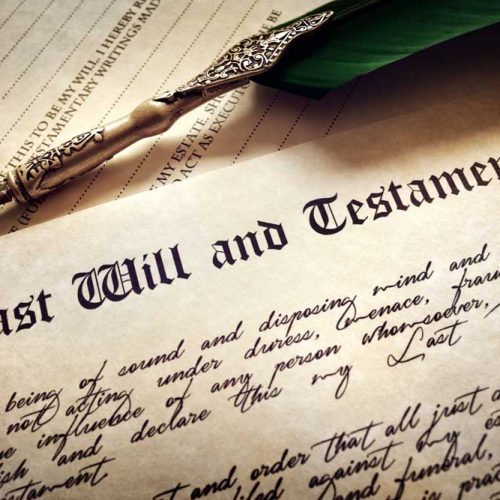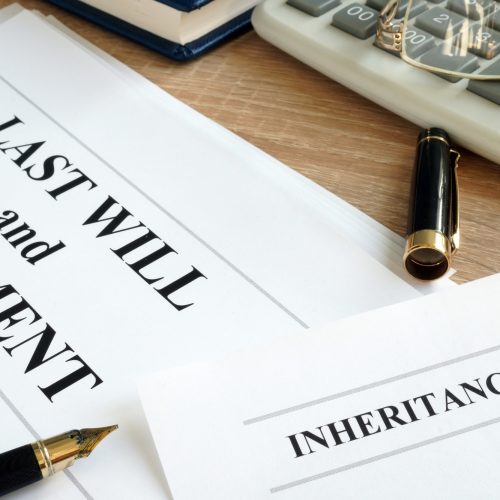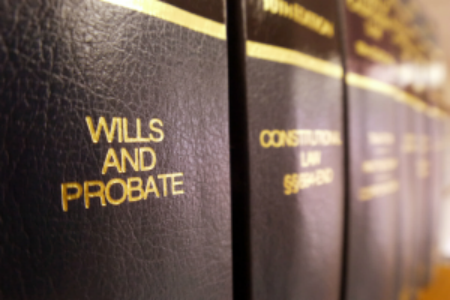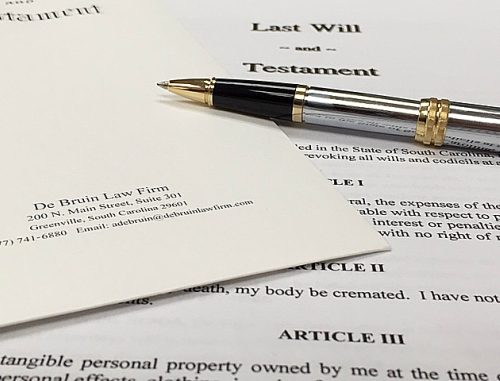Social Media And Estate Planning
When it comes to preparing for the end of your life, there are many important questions. It is a time to decide who will manage everything you have spent your whole life working for. What will happen with your finances? Who will take care of your children and pets? One thing that often gets overlooked, but has become increasingly important in the digital age, is what will happen to everything on your computer? Blogs, social network accounts, domain names, and other online accounts typically do not pass through traditional probate as they are not “property.” Generally, the website owns the account and it is only yours through license.
Every website handles death differently. Facebook is generally considered the gold standard of social media websites. Facebook allows you to appoint a friend or family member to take control of your account after your death and set your page up as a memorial page. A memorial page can have a “sticky” memorial post, respond to new friend requests, and update profile picture and cover photo. You also have the option of allowing a friend or family member access to a downloadable archive of all photos, posts and profile information you have shared over the years. The memorial page does not appear in advertising and will not trigger a birthday reminder.
Who Owns An Online Social Media Account?
The big question when it comes to inheritance of digital possessions is who was the original owner. With a physical asset like a house or car, it is very clear who the owner is. With digital assets, the line is not so defined. Documents, photos, videos saved to a hard drive belong to the owner of the hard drive, but many social media sites take ownership of content that is uploaded to their servers. It costs them money (albeit a negligible amount) to host the content, and the content is physically located on a server they own. Many major tech companies, notably Apple and Amazon, use a single-user license. This means services can only be used by the purchaser; you cannot pass down your Amazon Prime account to future generations.
Because many websites and digital services do not allow access by a third party, people will often bypass the system by simply logging in with the deceased passwords. While this technically violates the terms and conditions of the service provider’s contract, it is sometimes the only way to access information that would otherwise be lost. Additionally, many websites automatically delete accounts that have not been used in a set period of time, usually 90 days or a year.
Almost all American adults have at least one digital account and many have fifteen or more. That may seem like a high number, but once you add in email accounts, Dropbox accounts, separate accounts for business or spam, etc. it is easy to see how quickly they add up. It is important to make sure your digital assets are handled according to your wishes.
Contact An Estate Planning Attorney
If you have a social media account that you want to make sure is handled properly in the event of your death, contact the estate planning attorneys at De Bruin Law Firm today for a free consultation.













